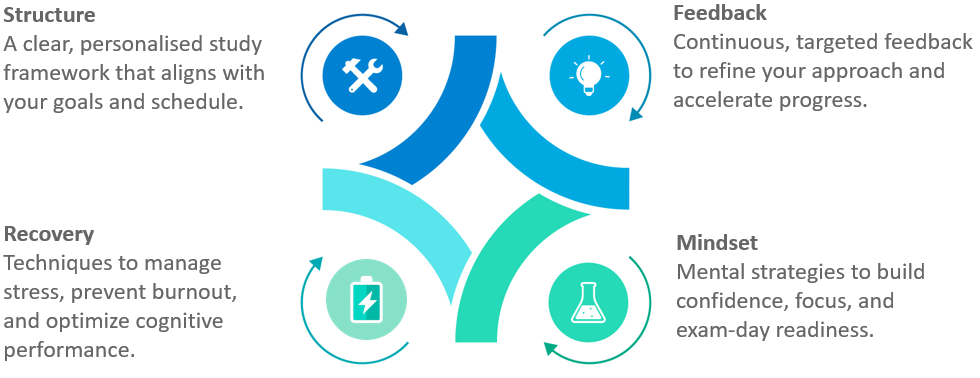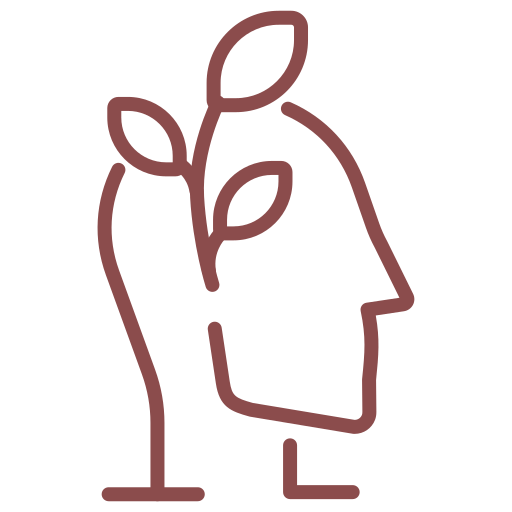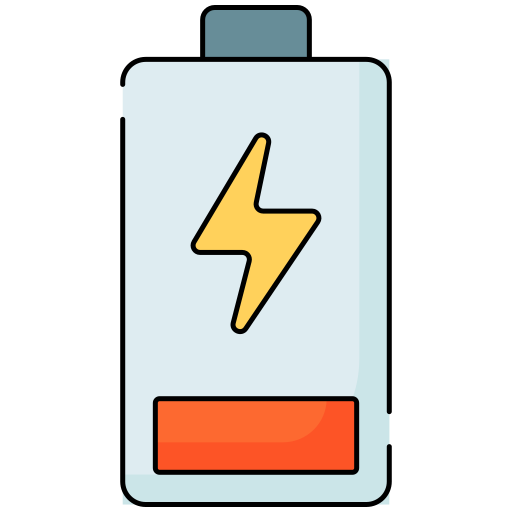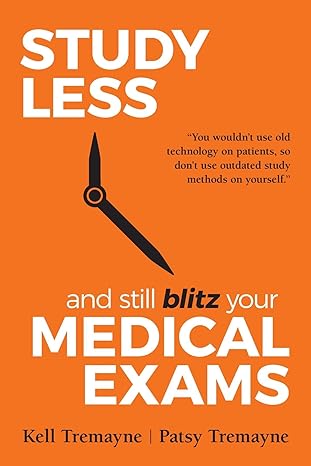Study smarter. Live better
You wouldn’t use outdated tools to treat patients. So why rely on outdated study habits for your exams? Upgrade your approach—study smarter.
In medicine, precision matters. We base our clinical decisions on the latest evidence—so it’s time we applied the same standard to how we learn. Endless hours of passive reading and last-minute cramming may feel familiar, but they’re inefficient and unsustainable. Today’s most effective learners use proven techniques from cognitive science: spaced repetition, active recall, deliberate practice, and mindfulness.
Welcome to the future of medical exam preparation—where science meets strategy, and wellbeing drives performance.
This platform is built for doctors like you—balancing clinical duties, study demands, and personal wellbeing. Whether you're preparing for high-stakes exams, managing rotations, or facing burnout, you'll find practical tools to help you study smarter, build resilience, and redefine success—not just by your results, but by your growth as a clinician and a person.
If You’re a Junior Doctor Preparing for High-Stakes Exams…
You already know the pressure.
Long shifts. Endless reading. The fear of failure.
All while juggling clinical responsibilities, personal commitments, and the relentless pace of medical life.
You’ve heard the advice: “Just study harder.”
But in a field where medicine evolves daily, that advice is not just outdated—it’s ineffective.
The Problem: Outdated Study Culture
Medicine is dynamic. Your study strategy should be too. It's time to study smarter.
You wouldn’t treat a patient with obsolete equipment or ignore the latest clinical guidelines.
Yet many doctors still rely on study habits that haven’t changed since high school—cramming, passive reading, and marathon study sessions.
These outdated methods:
- Waste your time
- Increase your stress
- Reduce retention
- Undermine your wellbeing
As Dr Patsy Tremayne and Dr Kell Tremayne write in Study Less and Still Blitz Your Medical Exams:
“You wouldn’t use old technology on patients, so don’t use outdated study methods on yourself.”
The Solution: Study Smarter
As we say in our book Study Less and Still Blitz Your Medical Exams, success doesn’t come from working harder—it comes from working smarter.
Our system is grounded in neuroscience, performance psychology, and real-world experience from doctors who’ve been through it.
You’ll learn how to:
- Use spaced repetition to flatten the forgetting curve
- Test before studying to prime your brain for learning
- Build wellbeing habits that boost memory and focus
- Replace cramming with deliberate, efficient practice
- Manage stress and anxiety with proven techniques
- Communicate confidently in written and oral exams
This isn’t just theory. It’s a proven system that’s helped hundreds of doctors pass their exams—and reclaim their lives.
Study Smarter Not Longer |
Wellbeing for Success |
Burnout and Resilience |
Failure and Growth Mindset |
Time Management |
Adaptive Coping Strategies |
 Mindfulness and Focus |
 Communication Skills |
 Redefining Success |
What Makes Us Different
Most study advice is anecdotal.
Ours is evidence-based.
We combine:
- Cognitive science
- Elite performance coaching
- Wellbeing and resilience training
- Real stories from doctors who’ve been there
Whether you’re sitting your Fellowship, primary, or clinical exams, we’ll help you build a study plan that works for your brain, your schedule, and your life.
Real Doctors. Real Results
“I only studied the way Patsy advised me to study. I breathed the way she advised me to breathe. I slept. I spent time with the family. And I trusted the science… I passed each written exam on the second go, and then my clinical exam the first time.”
“I’m so relieved I now have a study plan.”
“Practicing in this way is already enough to boost up my morale.”
Why It Works
Doctors are high performers. But most haven’t been taught how to study like one.
Medical training demands precision, endurance, and adaptability—yet traditional study methods often ignore the science of how high performers actually learn and grow. That’s where our system comes in. We draw on the same principles used to train elite athletes, because preparing for medical exams isn’t just about knowledge—it’s about mindset, strategy, and resilience.
Our approach is built around four core pillars:

We help you train your brain like a muscle—strong, flexible, and ready for the challenge ahead.
“The most successful candidates don’t just study harder—they train smarter. Like elite athletes, they follow a system that balances effort with recovery, strategy with feedback, and knowledge with mindset.”
Final Word
You’re not just preparing for an exam. You’re preparing for a career that demands clarity under pressure, compassion under fatigue, and excellence under scrutiny.
That kind of career deserves more than outdated advice and burnout-inducing study habits. It deserves a system that respects your time, protects your wellbeing, and empowers your performance. Because passing your exams isn’t just about what you know—it’s about how you prepare, how you recover, and how you show up when it matters most.
So don’t settle. Don’t sacrifice your health for hustle. Don’t study harder—study smarter.








